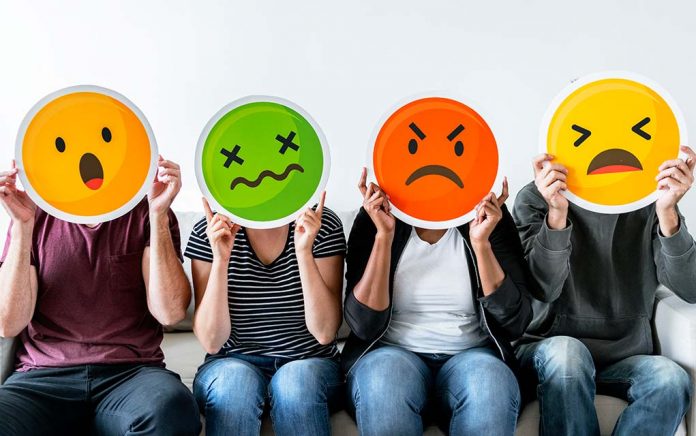
Negative online experiences can contribute to common mental health disorders, such as depression and anxiety. The American Psychiatric Association reports that young people who interact with multiple social media platforms are three times more likely to experience symptoms.
The amount of time spent on platforms doesn’t seem to be a factor, although the type of content consumed may be. Interacting with toxic people and reading negative messages can have a negative effect on mental health.
How to Identify Toxic People Online
Many of us follow people on social media we don’t know in real life; it’s the nature of social media. Not knowing who you’re talking to, however, can make it difficult to spot toxic people. But that doesn’t mean it’s impossible. You can figure out a lot about who a person truly is by paying attention.
Psychology Today warns that people who make bold, self-aggrandizing, superficially charming, excited, moody and volatile posts may be covertly toxic. You might not immediately identify them, but you may experience negative emotions after interacting with them. People who constantly post argumentative, hurtful or offensive posts — those who are in-your-face toxic — aren’t as difficult to identify.
When You Should Unfollow Toxic People
Social media is a place where you’re supposed to be able to unwind, relax and see what your favorite people are up to. It should be an uplifting experience. Whenever social media starts making you upset, angry, sad or depressed, it’s time to make some changes. Don’t allow people who give you negative emotions any space on your timeline. Disengage immediately!
How to Disengage from Toxic People
Social media gives you several options for disengaging from toxic people. First, you can unfollow, delete or block them. This will get rid of them permanently. But what should you do if the offending person is a family member you don’t want to delete? Most platforms have an option that allows you to hide a certain person’s posts in your feed (temporarily or permanently). The best part? The person in question won’t know you took any action to stop seeing their posts.
Avoiding toxic people online is crucial for your mental health. If you feel like you’re getting pulled down into the vortex of social media negativity, take a break from your device. And when you get back, identify toxic people in your list and do something about it. If you want to have positive experiences online, you must be your own gatekeeper.









